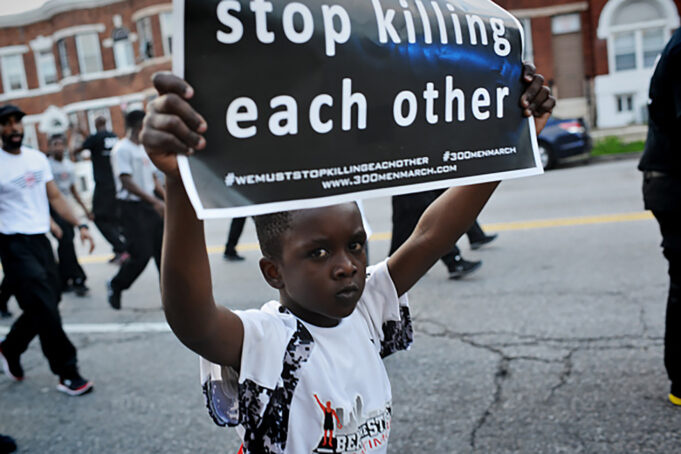“It’s time to pop it, you know what I mean? It’s time to give me my flowers, you know what I mean? I don’t want them later on when I ain’t here. I want them right now.”
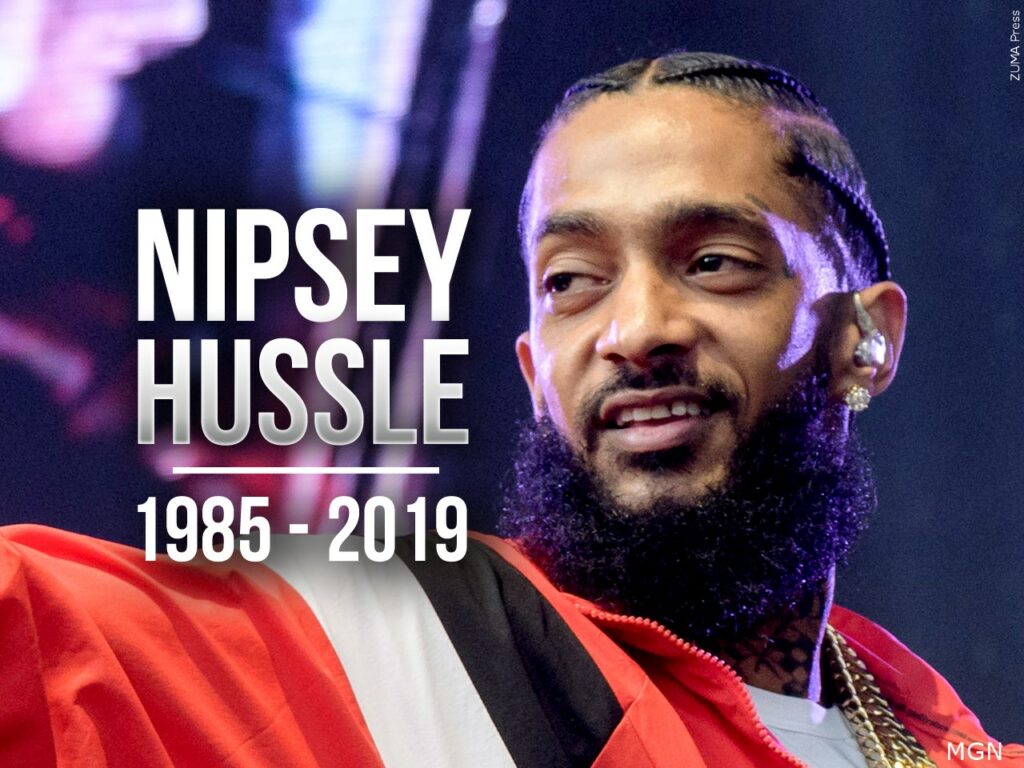
Rapper Takeoff, part of the hip-hop trio Migos, uttered those words on an episode of the podcast “Drink Champs,” which premiered less than two weeks before his untimely death.
The Black community is once again grieving the death of a young Black hip hop star. Kirsnick Khari Ball, better known as Takeoff, was only 28 years old when he was shot and killed at a bowling alley and billiards hall in Houston. He was part of a private party of over 40 people held early Nov. 1 when an argument escalated into shots being fired, according to employees and video footage. The rapper died from “penetrating gunshot wounds of head and torso into arm,” according to the Harris County, Texas, medical examiner.
Takeoff’s music label, Quality Control Music, released a statement, saying, “It is with broken hearts and deep sadness that we mourn the loss of our beloved brother Kirsnick Khari Ball, known to the world as Takeoff. Senseless violence and a stray bullet has taken another life from this world and we are devastated. Please respect his family and friends as we all continue to process this monumental loss.”
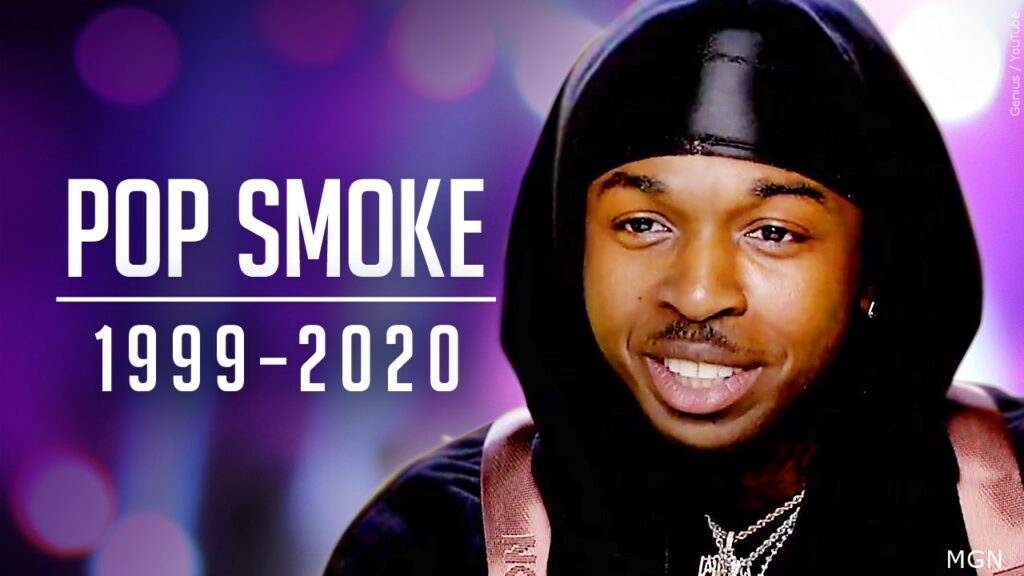
Houston Police Chief Troy Finner said everyone has spoken to him about “what a great young man this is, how peaceful he is, what a great artist (he is).”
He urged people to send information if they have it, to bring closure to the young man’s family.
Rapper Fat Joe described Takeoff as a beautiful, humble guy. “And this reminds me of this lyric that Nas said in ‘Illmatic,’ when he said the murdered one will be the cool one,” he said to The Final Call. “And ain’t it always the case the cool one is the one that gets murdered?
We don’t wish that on nobody, but this brother was so humble. Every time I met him, he was just a beautiful person. Respected hip-hop culture. It’s really, really sad. I’m really sad for his family.”
Black youth in peril
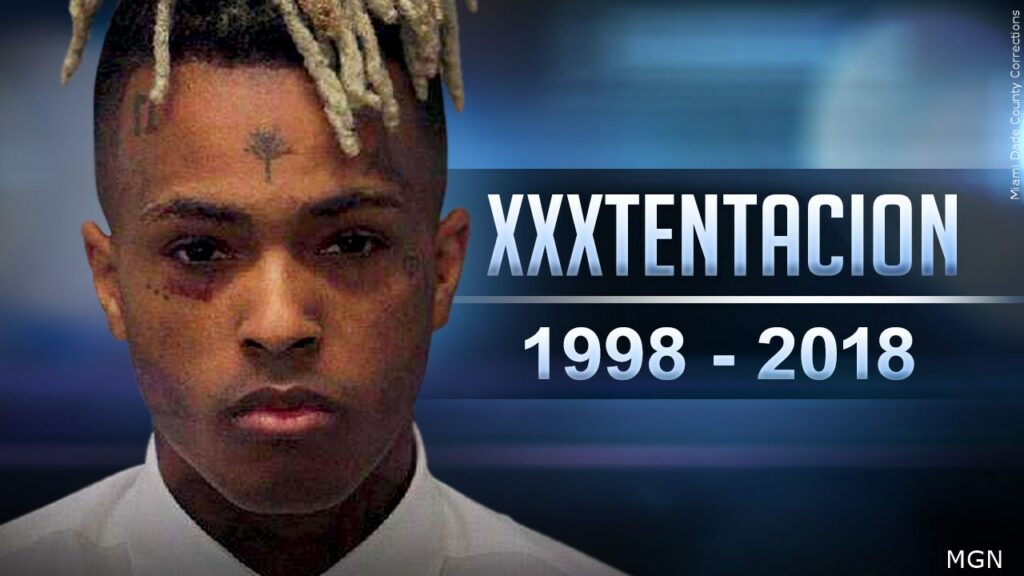
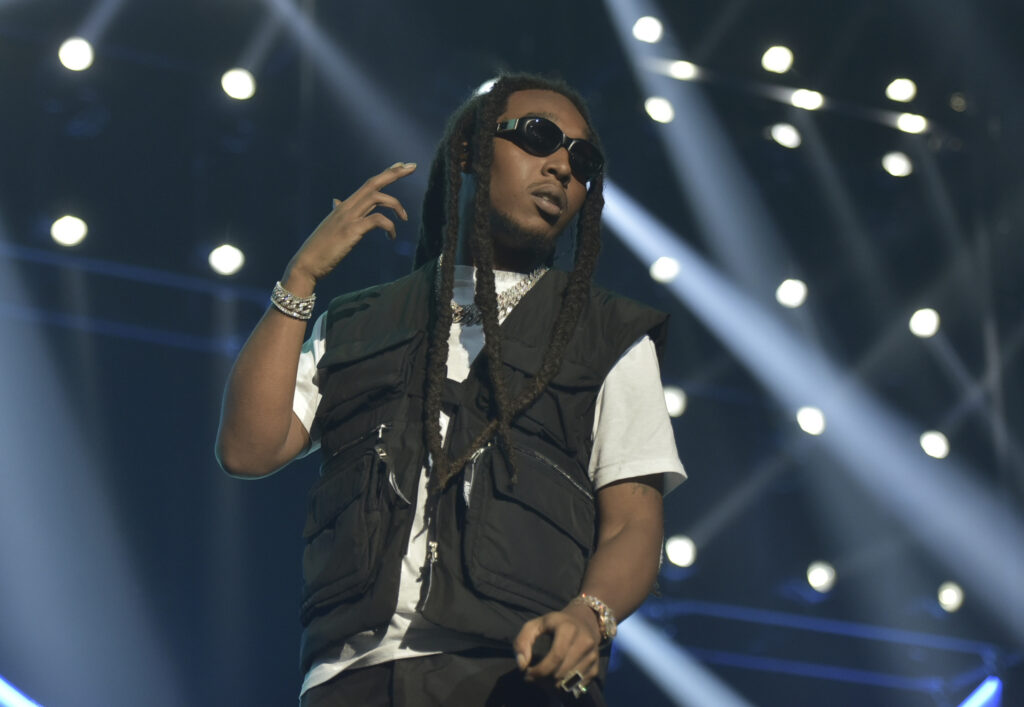
Gun violence has killed at least one rapper every year since 2018, according to a CNN article. It has been over four years since rapper XXXTentacion was shot and killed (2018), over three years since Nipsey Hussle (2019), two years since Pop Smoke and King Von (2020), one year since Young Dolph (2021) and only two months since PnB Rock, who was shot to death September 12. There are many other lesser-known artists who have also been shot and killed, such as Memphis rapper Lotta Cash Desto. The rising talent, under the wing of Lil Uzi Vert, was shot and killed in Houston on Sept. 24.
Hip-hop artists, violence interrupters and “stop the killing” advocates spoke to The Final Call about what it will take to stop the senseless killings in the Black community that is causing needless pain and heartache.
“It reflects us here in America as a divided people, as a people that’s at civil war with themselves and has fallen victim to a plan that’s been laid out (by) their enemy,” said Arthur “Silky Slim” Reed, founder of the organization Stop the Killing Inc., to The Final Call. “The enemy put the guns in the neighborhood. The enemy put the guns on the street. The enemy put guns in our hands after they had put so much hate in our hearts for each other.”
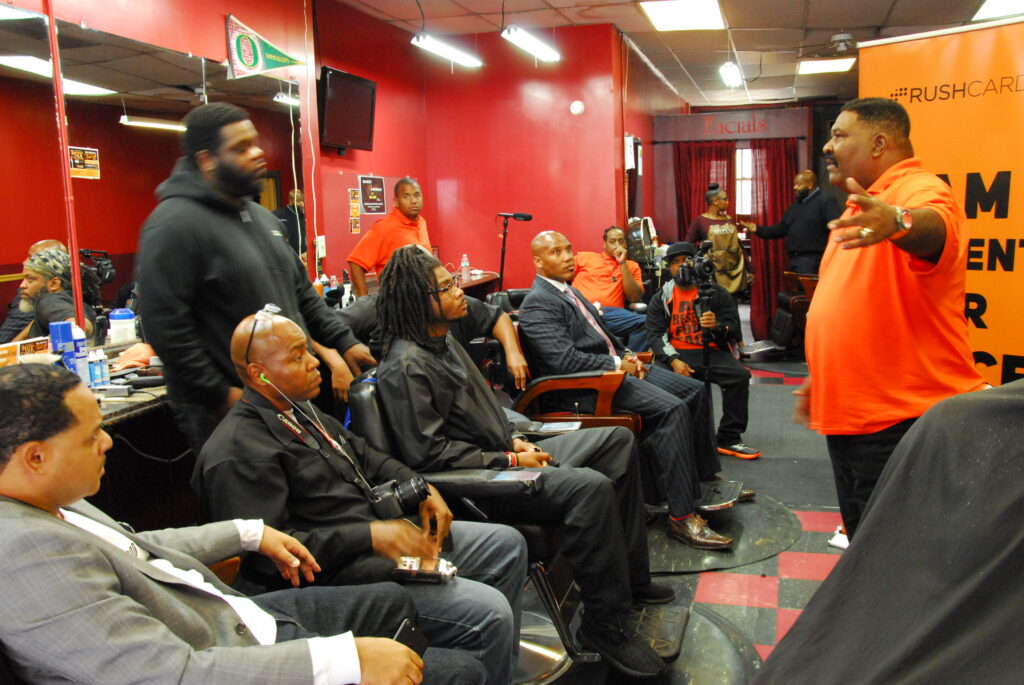
Houston activist Deric Muhammad, founder of the Black male initiative “Project Forward,” described the death of Takeoff as “another stab in the stomach to hip-hop culture.” He explained that hip-hop culture sets the trends in the Black community, and Black youth begin to adopt what the rappers adopt.
“Hip-hop culture creates the soundtrack for Black neighborhoods across the country,” he said. “The music influences what goes on in the ’hood and what goes on in the ‘hood influences the music.”
He released a new book titled “New Rules.” One of the chapters is titled “Get Rich, Get Famous, Get Killed.”
“What I was doing is trying to illustrate the point that this only really happens to rap artists who come out of the ’hood. Like in what other culture do we find millionaires dead on the side of the road from a gunshot wound to the head like MO3 or Nipsey Hussle?”
Deric Muhammad said. “There’s something very toxic in the environment that we are creating in the ’hood and out of the music that’s creating a certain type of energy that makes it very dangerous to be a rap artist.”
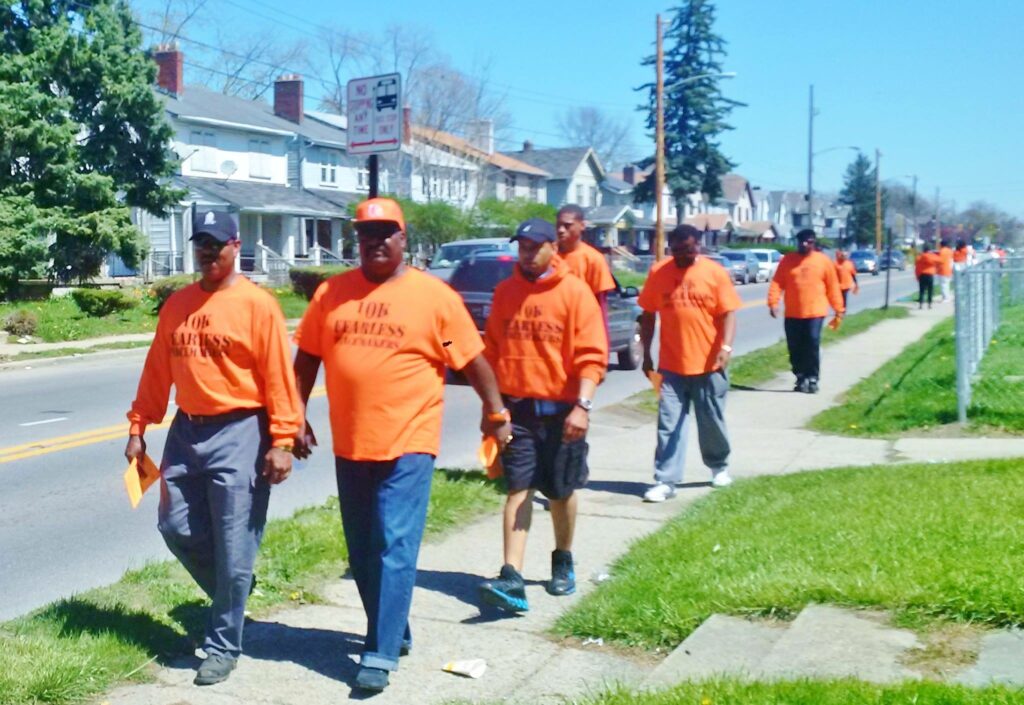
But, he added, “Takeoff was a Black man long before he became a rapper. And we don’t mourn the death of a rapper. We are mourning the death of a Black man who just happens to rap.”
Nation of Islam Student Minister Willie Muhammad of Muhammad Mosque No. 46 in New Orleans explained that once celebrity, wealth and membership in the hip-hop community is removed, “we will see what happens in our community on a daily basis in America.”
“The Black community is facing what the Honorable Minister Louis Farrakhan traveled around this country warning us would happen if we did not learn how to have a respect for life,” he said to The Final Call.
The Honorable Minister Louis Farrakhan went on a “Stop the Killing” tour in the early 1990s due to the plans of the U.S. government to kill Black youth. During that time, the Black community started being flooded with crack cocaine, the music shifted from conscious hip-hop to gangster rap and Black men












